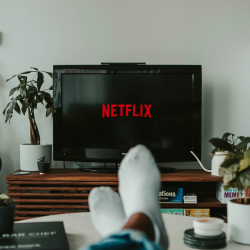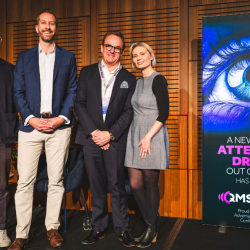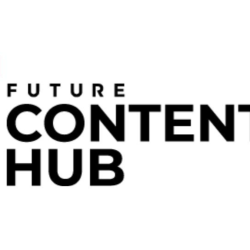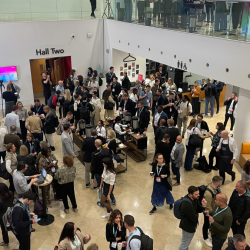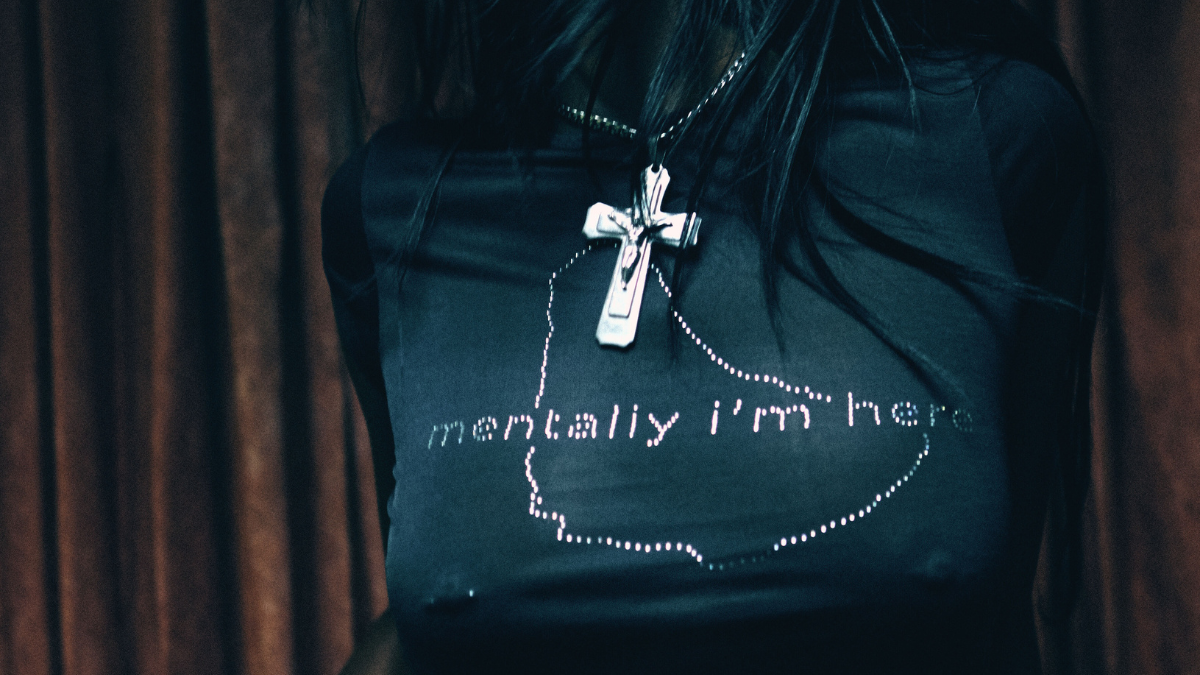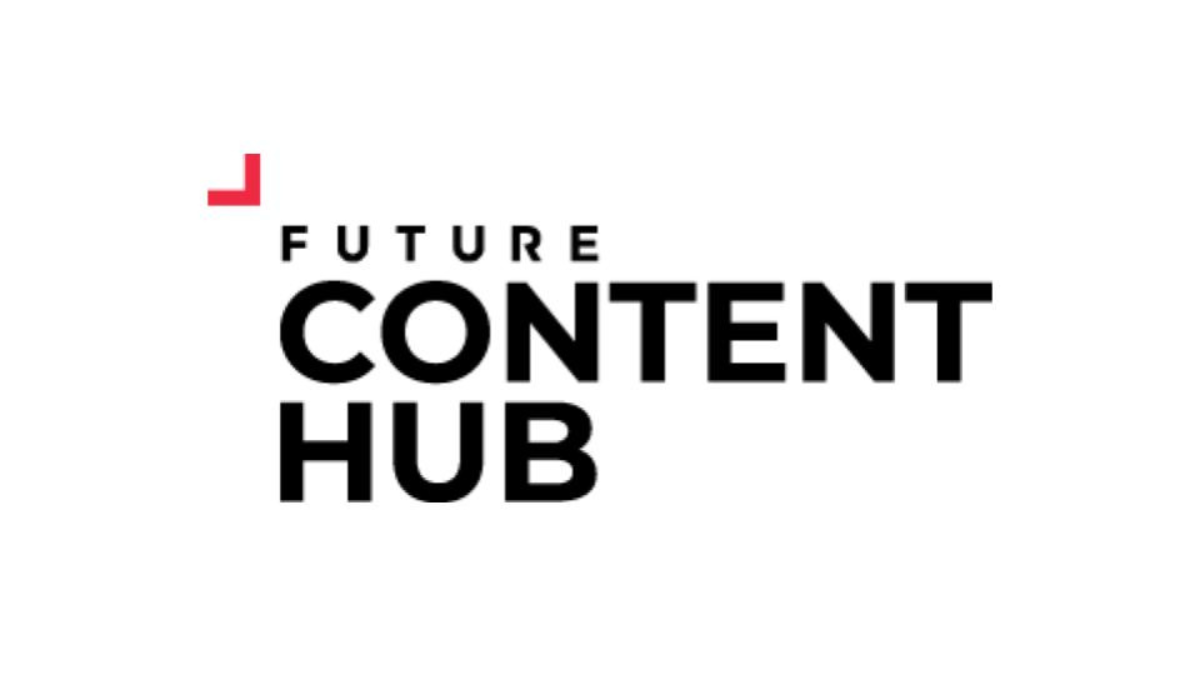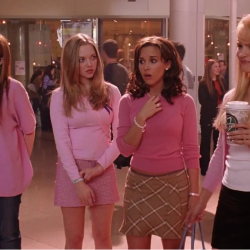George Orwell famously wrote in the preface to Animal Farm, ‘if liberty means anything at all it means the right to tell people what they do not want to hear.’ What is not well known is that this preface was never published. It was suppressed by the publishers in 1945 as part of the extraordinary government-driven toadying to the Soviet Union when they were our wartime allies.
Once again, in 2023, we live in interesting times…
Freedom of speech has all but disappeared in a tide of righteous indignation and cancellation. But being nice to Russia is not the reason this time. Putin’s invasion of Ukraine and the brutal war it has engendered ensures that the exact opposite is true. Let’s attempt a short list of today’s shibboleths:
- Any connection, however remote or generationally distant, with slavery, colonialism or alleged racism
- Any reference to gender
- Any actual or supposed deviation from the principles of diversity, equity and inclusion
- Any infringement of carbon neutrality or actual or supposed criticism of ‘Net Zero’, or any other proposed remedial action to protect the environment, avert global warming, harming the planet etc (including farting cows)
- Any alleged or actual sexual misdemeanour
- Any instance (proven or otherwise) of ‘white privilege.’ This to include garden designers with double-barrelled names. (But not footballers.)
- Ditto ‘male privilege’
- Any book, play, film, opera, show, song or whatever that is alleged to include, demonstrate or condone any of the above
- Any apparent written or spoken infringement of any of the above, by any individual — however long ago
- Any name of anyone, anything or any place that might offend
June’s theme asks a key question about fighting
Have we lost the guts to stand our ground? And if you, I or anyone else does stand their ground, and dare to challenge any aspect of the new orthodoxy, is it worth the opprobrium that may follow?
As the title of my piece indicates, I believe that being wrong is as much an inalienable privilege, as being right. After all, it is hard to know whether what is held to be ‘right’ in the summer of 2023 is still going to be acceptable / the best course of action / the fairest solution etc in five or ten years time. Equally any current ‘truth’ may turn out to be incorrect. There’s always a short-term view, a medium-term view, and one for the long term. There are very few absolutes. Here are three scenarios:
- Shifting from reliance on fossil fuels to greener sources of energy is almost certainly ‘right’ — for two quite different reasons: green should be better for the planet, and fossil fuels will run out at some stage (according to the EIA, supplies will start to become inadequate around 2050). The big question is whether enough green energy will come on stream in time to stop oil production from new sources, which is what Just Stop Oil want
- Electric cars and heat pumps are theoretically ‘good ideas’. But how quickly can the transitions be achieved without harming quality of life, and hitting people in the pocket?
- Does it make sense to rewrite history? What benefits will it confer on whom? Equally with rewriting literature and drama?
And if most people can accept that absolutes are unlikely to be the best way to look at things, why can’t we fight for the right to suggest intelligent compromises?
- Wikipedia defines a transgender person as ‘someone whose gender identity or gender expression does not correspond with the sex they were assigned at birth’. Clearly these individuals are going to be a tiny minority. So why do all the gender norms that have obtained since the dawn of time need to be scrapped? Trans people can be protected without creating confusion for everyone else (e.g. pronouns, toilet facilities etc)
- Why don’t we all agree to setting long-term goals, but accepting sensible transitioning arrangements?
- And — to the point of this article — why don’t we give the benefit of doubt to those who we disagree with? They may be wrong. (A lot of us are — about many things). But they may turn out to be right.
Featured image: Markus Spiske / Pexels


